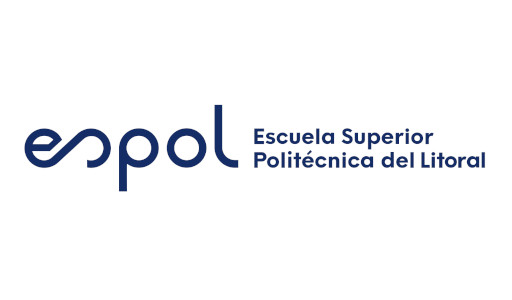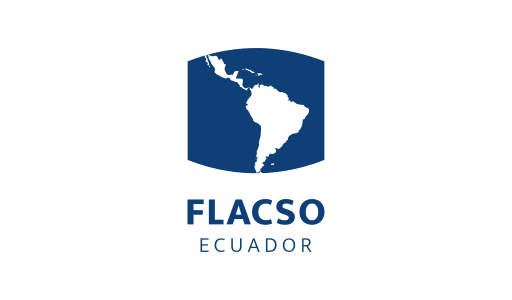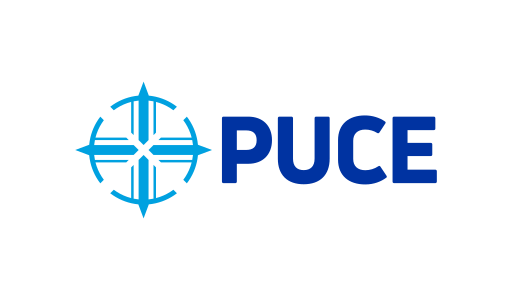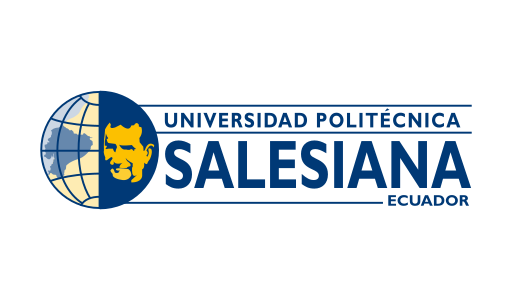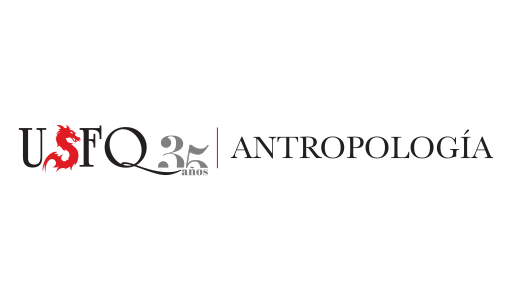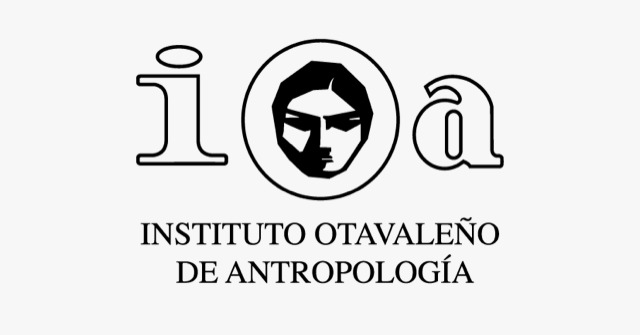V Ecuadorian Congress of Cultural Anthropology, Linguistics, and Archaeology
The Challenges of Post-Pandemic Societies: Reflections from Ecuador.
We invite you to the V Ecuadorian Congress of Anthropology, which will be held from July 24 to 27, 2024, on the USFQ university campus. In this event, we will address some of the issues that have arisen or been exacerbated by the COVID-19 pandemic and are absolutely relevant in an anthropological discussion. The high levels of violence recorded in Ecuadorian society, produced by a breakdown of the social fabric and in a context of deep inequalities and hierarchical structures, lead us to reflect on the processes of interaction between humans and with the natural environment in this new post-pandemic reality. Likewise, we are experiencing a complex migratory scenario, along with the most dramatic technological advancement in contemporary history, which imposes great challenges on our capacity for sociocultural adaptation.
From the different anthropological subdisciplines, we want to provoke a discussion about the resilient ways in which our societies are incorporated into these scenarios. We present this Congress as a space for dialogue and reasoned discussion, ideal for presenting your research advances.
Invitation
V Ecuadorian Congress of Cultural Anthropology, Linguistics, and Archaeology:
Reflections on the Challenges of Post-pandemic Societies in Ecuador
Quito, March 5, 2024
First Circular
We invite you to participate in the V Ecuadorian Congress of Cultural Anthropology, Linguistics, and Archaeology: Reflections on the Challenges of Post-pandemic Societies in Ecuador, to be held at the Universidad San Francisco de Quito, Cumbayá campus, from July 24 to 27, 2024.
Justification
The onset of the COVID-19 pandemic in early 2020 exacerbated and made visible the deep inequities and hierarchies on which Latin American societies, particularly Ecuadorian society, are built. The mandatory confinement “resulted in the paralysis of economic activity, causing economic decline by up to 7.8% (Central Bank of Ecuador [BCE], 2021) and a dramatic increase in unemployment and poverty."
Currently, inequality creates structural conditions where drug trafficking-related violence (narco-violence) has emerged and solidified over several decades. Thus, organized crime infiltrated through the weaknesses of a weak state and a hierarchical and markedly unequal society.
Migration has increased at a rate higher than the normal trend globally, and Ecuador is no exception. The significant Venezuelan immigration brought typical pressure to the marginalized neighborhoods of large cities, increasing xenophobic violence. Recently, illegal emigration to the United States and Canada has also grown exponentially. These quasi-forced displacements provoke structural changes in the families and communities to which the emigrants belong.
These social processes occur in the context of an unparalleled technological revolution and severe scenarios of environmental degradation and climate change, leading to transformations in the adaptation strategies of society as a whole and the communities that comprise it. Technological advances have changed the ways we move and socialize and have also enabled infinite access to information, generating hyper-dependence on technological and digital tools and solutions. All this occurs under extreme conditions of environmental degradation, questioning how we relate to nature and the environment, the use and access to natural resources, and even the daily practices that require significant transformations.
Thematic Axes
Based on this scenario, the V Congress proposes a space for reflection and exchange on the themes and challenges that mark the reality of post-pandemic societies in Ecuador, based on three main axes.
- VIOLENCES
- PANDEMIC AND RESILIENCE
- SOCIETY, ECOSYSTEMS, AND CLIMATE CHANGE
We invite the community of academics, researchers, and students to submit proposals for symposia, individual papers, and posters within these three general axes, from various anthropological discipline perspectives.
Modalities
Researchers may present their work in three modalities: symposia, general sessions, and poster sessions.
Proposals
Symposium Proposal: each proposer must fill out the online form indicating the title, a brief summary, and the possible contributors of the symposium. Symposia should have a minimum of 4 papers and a maximum of 6. Each paper will be presented in person for 20 minutes, with 5 minutes for questions.
Paper Proposal: participants not part of symposia who wish to present individual paper proposals must fill out the form mentioned above. These should align with the proposed axes and will be included by the committee in either general sessions or symposia.
General Sessions
Individual papers that cannot be incorporated into already defined symposia will be organized into general sessions based on the similarity of the themes. The presentation format is the same as for papers presented in symposia.
Poster Proposal: posters are a modality that allows presenting information graphically. Proposals should be uploaded in the form mentioned above in the posters section; once accepted, guidelines for their preparation and presentation will be sent. Poster sessions will be organized in 3 hours, during which the participant must always be present to attend to the public.
In this first call, we require proposals for symposia, individual papers, and posters under the general axes described above. The logic of this congress is to work based on the specific proposals of the participants and thus organize the discussions based on the work and practices of the researchers and their interests. Proposals will be received until March 30, 2024 and acceptances will be sent by April 10.
Congress Organization
President
Diego Quiroga Ferri, Rector of the Universidad San Francisco de Quito
Organizing Committee
Alexandra Pérez
Escuela Superior Politécnica del Litoral (ESPOL)
Diego Rodríguez
Otavalo Institute of Anthropology (IOA)
Fernando García
Latin American Faculty of Social Sciences (FLACSO)
Alexandra Martínez
Salesian Polytechnic University (UPS)
Rommel Lara
Salesian Polytechnic University (UPS)
Carolina Páez
Pontifical Catholic University of Ecuador (PUCE).
Consuelo Fernández Salvador
Universidad San Francisco de Quito (USFQ)
Florencio Delgado Espinoza
Universidad San Francisco de Quito (USFQ)
Second Invitation
V Ecuadorian Congress of Cultural Anthropology, Linguistics, and Archaeology:
Reflections on the Challenges of Post-Pandemic Societies in Ecuador
Quito, April 5, 2024
Second Circular
We invite you to participate in the 5th Ecuadorian Congress of Cultural Anthropology, Linguistics, and Archaeology: Reflections on the Challenges of Post-Pandemic Societies in Ecuador, which will be held at the Universidad San Francisco de Quito, Cumbayá campus, from July 24 to 27, 2024.
We encourage those who did not submit their proposals for symposia, colloquia, and posters in the first call to do so in this second phase. Proposals and abstracts will be accepted until May 13, and acceptances for this second call will be sent by June 3.
Thematic Areas
The 5th Congress provides a space for reflection and exchange on the themes and challenges that shape the reality of post-pandemic societies in Ecuador, based on three main areas.
- VIOLENCE
- PANDEMIC AND RESILIENCE
- SOCIETY, ECOSYSTEMS, AND CLIMATE CHANGE
Modalities
Researchers can present their work in three modalities: symposia, general sessions, and poster sessions, by filling out the Registration form on the Congress webpage.
Proposals
Symposium Proposal: Each proposer must complete the online form indicating the title, a brief summary, and potential contributors to the symposium. Symposia should have a minimum of 4 presentations and a maximum of 6. Each presentation will be delivered in person in 20 minutes, with 5 minutes for questions.
Presentation Proposal: Those participants who are not part of symposia and wish to present individual presentations must complete the form indicated above. These should align with the proposed themes and will be included by the committee either in general sessions or symposia.
General Sessions
Individual presentations that cannot be included in predefined symposia will be organized into general sessions based on the similarity of topics. The presentation format is the same as for presentations in symposia.
Poster Proposal: Posters are a modality that allows presenting information graphically. Proposals must be uploaded in the form indicated above, in the posters section. Once accepted, guidelines for their preparation and presentation will be sent. Poster sessions will be organized in 3 hours, during which the participant must always be present to attend to the public.
Congress Organization
President
Diego Quiroga Ferri, Rector of Universidad San Francisco de Quito
Organizing Committee
Mariela Martínez
Escuela Superior Politécnica del Litoral (ESPOL)
Diego Rodríguez
Otavaleño Institute of Anthropology (IOA)
Fernando García
Latin American Faculty of Social Sciences (FLACSO)
Alexandra Martínez
Salesian Polytechnic University (UPS)
Carolina Páez
Pontifical Catholic University of Ecuador (PUCE)
Consuelo Fernández Salvador
Universidad San Francisco de Quito (USFQ)
Florencio Delgado Espinoza
Universidad San Francisco de Quito (USFQ)
Investment
Registration Fees:
Ecuadorian Professionals = $50
Latin American Professionals = $60
Non-Latin American Foreign Professionals = $75
Ecuadorian Students = $25
Latin American Students = $35
Non-Latin American Foreign Students = $45
Schedule
Comité Organizador
